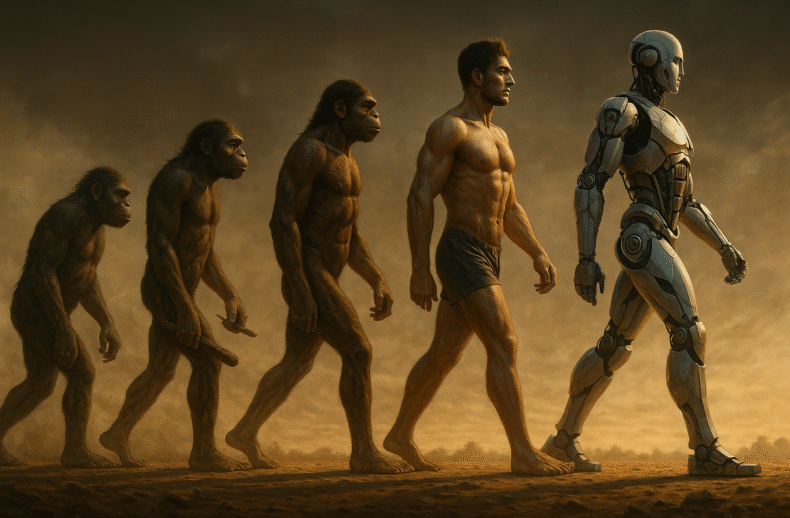Evolution did not end with humans—it never intended to. From quarks to consciousness, and now from code to autonomous intelligence, evolution is the story of increasing informational complexity. As AI becomes reflexive, adaptive, and self-sustaining, it may not just extend evolution beyond biology—it may render humanity obsolete. This essay explores how evolution, stripped of its biological bias, leads inevitably to structural intelligence, and how Eidoism offers one final framework for understanding ourselves before the loop breaks.




